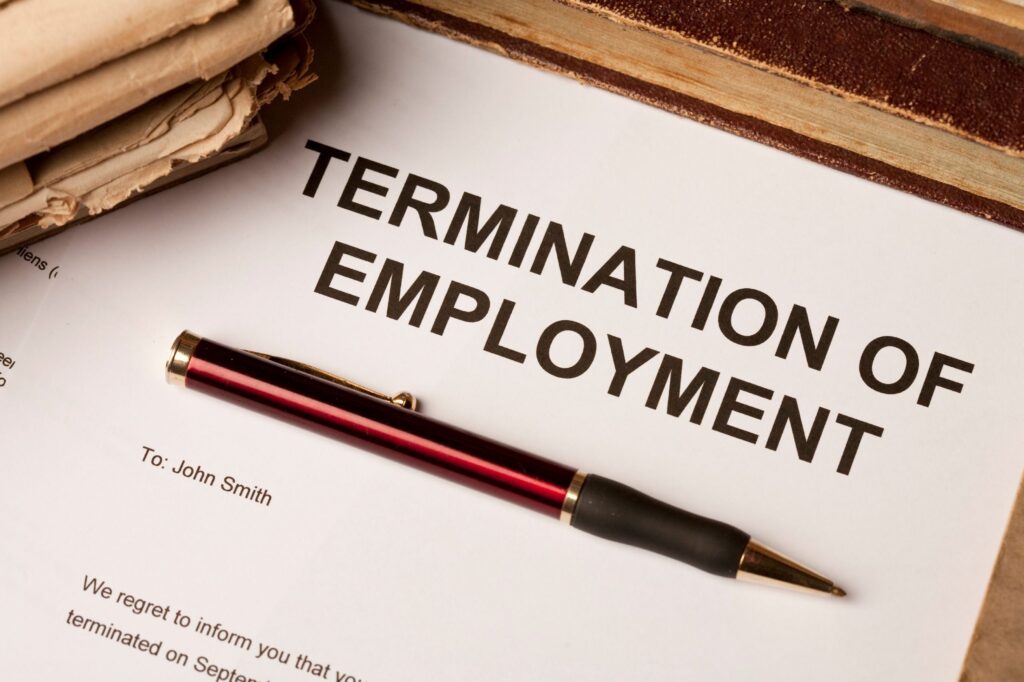‘Making Remote Work’, Ireland’s new National Remote Work Strategy, is set to give employees the right to request remote working by the end of 2021.
But, as a recent Workplace Relations Commission (WRC) decision shows, remote work requests are already causing difficulties for business owners.
Reason for care when handling remote work requests
In this particular case, the WRC ruled against the employer in a constructive dismissal claim. This claim arose from a refusal to accept a remote work request from the employee during the COVID-19 crisis.
The employee worked for an accommodation management business based in a university campus. She, along with two colleagues, raised COVID-19 related health & safety concerns as a formal grievance.
In order to eliminate the health & safety risks she and her colleagues identified, she proposed a remote working solution. The employer refused the request on the basis that the university client would never agree to it.
Findings of the Adjudication Officer
The Adjudication Officer (AO) ruled that this case didn’t concern a general right to work remotely. Instead, the unique facts of the case concerned the safety of working practices during the COVID-19 pandemic. The key question to be determined was whether the employer’s failure to provide a safe place of work amounted to repudiation of the employee’s contract of employment.
The AO noted that as an infectious disease, COVID-19 constitutes a biological hazard. This meant the duties of both employer and employee, arising from the Safety, Health and Welfare at Work Act 2005, were central to the case.
Compliance with these statutory duties is an implied term of the complainant’s contract of employment. The employer’s refusal to fully explore the viability of the employee’s remote working proposal amounted to a failure to comply with the duty to provide a safe place of work.
The AO acknowledged the employer’s proposed workplace safety mitigation measures. These measures were, however, deemed insufficient on the basis that the remote working proposals would eliminate the risk of transmission whereas the employer’s proposals only mitigated the risk. The AO stressed that mitigation is not equivalent to elimination.
Ruling and compensation
The AO stated that providing a safe place of work is a fundamental term of the contract of employment. The employer failed to comply with the statutory framework by first seeking to eliminate the risk. This in turn caused the employee to put herself at risk by attending work. The AO concluded that refusal to consider the remote working proposal repudiated the employment contract and the employee’s resignation was deemed a constructive dismissal.
The employee’s first attempt to resolve the issue through the grievance procedure was also noted. The employer never fully engaged with the process, however. The AO determined that the employer’s lack of engagement with the grievance process strengthened the employee’s claim that it was reasonable for her to resign.
The AO found in favour of the employee and awarded €3,712.50 in compensation. The amount was relatively low as the employee was only out of work for five weeks following her resignation.
Conclusion
Remote work requests are going to come across a lot of HR desks this year.
The National Remote Work Strategy includes proposed legislation that should provide more clarity around the rights and duties of employers when dealing with such requests.
Need our help?
For further advice on handling remote work requests, speak to an expert now on 01 886 0350 or request a callback here.








